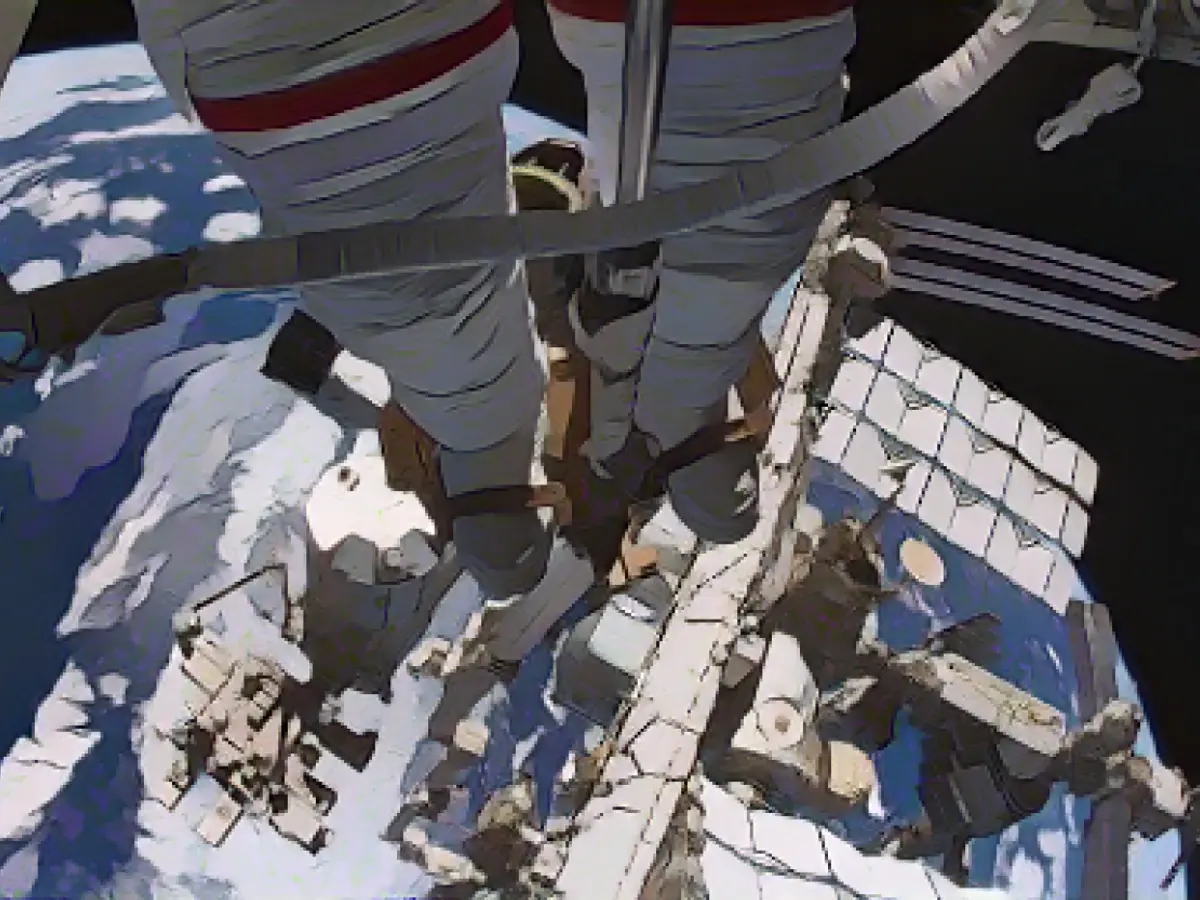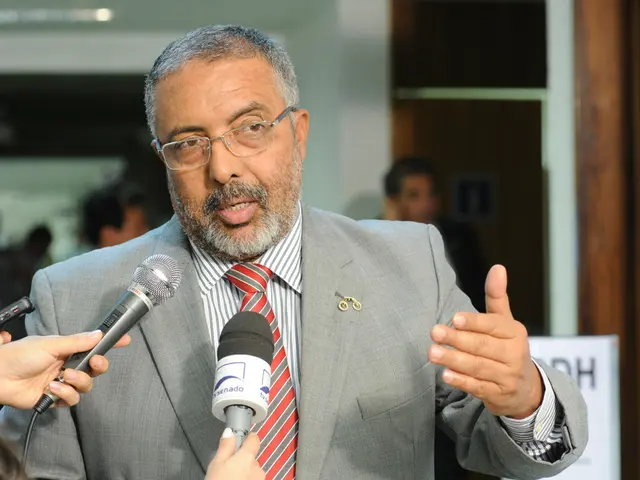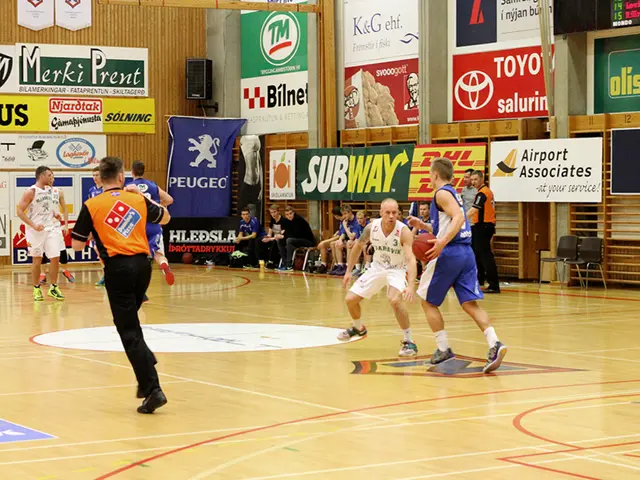Space Collaboration Amidst Political Tensions: NASA and Russian Astronauts on ISS
In the face of ongoing political strife between the United States and Russia, one might expect the cooperation between the two nations' astronauts on the International Space Station (ISS) to falter. Yet, surprisingly, despite their differing opinions on global issues, these space explorers have managed to work together effectively, overcoming challenges and ensuring the continued success of the ISS mission.
Leaving Politics at the Space Station's Door
Initial skepticism about the partnership between NASA and its Russian counterparts may arise due to the countries' contrasting stances on various global topics. However, once aboard the ISS, astronauts are tasked with a shared goal: propelling human knowledge and technological advancement beyond earthly boundaries. In this space of shared ambition, political perspectives take a backseat to the common objectives of scientific research and technological development.
Gaining Cross-Cultural Insights
For American astronauts, collaborating with the Russians has offered more than just operational success. Engaging with international teams of specialists and engineers has afforded them a broader understanding of various perspectives and an appreciation of those unique viewpoints. These interactions have enriched their personal and professional growth, blurring the boundaries between political adversaries and fostering a deep sense of camaraderie.
Overcoming Challenges Together
While the partnership between NASA and Roscosmos has been tested throughout the years, it continues to yield significant benefits. For instance, the ISS remains operational, enabling both nations to advance scientific research and technological development.
Moreover, the cooperation has proven crucial for logistical support, as Russia provides the Soyuz spacecraft for crew transportation and Progress space transporters for resupply missions. During periods when U.S. private space travel options were limited, America relied heavily on Russian spacecraft to get its astronauts to and from the ISS.
Mutual Gains from Scientific Collaboration
The ISS serves as a platform for international scientific collaboration, allowing NASA and Roscosmos to collaborate on various experiments and research projects. These collaborations have advanced our understanding of space and contributed to peaceful purposes, demonstrating that even in times of tension, the pursuit of knowledge can serve as a unifying force.
Valuable Training and Experience
Working with Russian cosmonauts also grants NASA astronauts valuable training and experience. This collaboration has helped in developing common standards and procedures for space travel, ensuring the safety of both U.S. and Russian astronauts.
Adapting to Political Changes
The flexibility and adaptability demonstrated by both space agencies in the face of political tension serve as a testament to the resilience of international space cooperation. The collaboration on the ISS has shown how even in times of strained relations, space exploration can remain a symbol of unity and shared ambition.
Enriching the Human Experience
The experiences of astronauts working together on the ISS demonstrate that collaboration between adversaries has the potential to enrich both the human experience and our collective understanding of the universe. While political differences persist, the partnership between NASA and Roscosmos offers a case study in the power of cooperation and shared ambition to overcome divisive forces and advance humanity's quest for knowledge and exploration.







